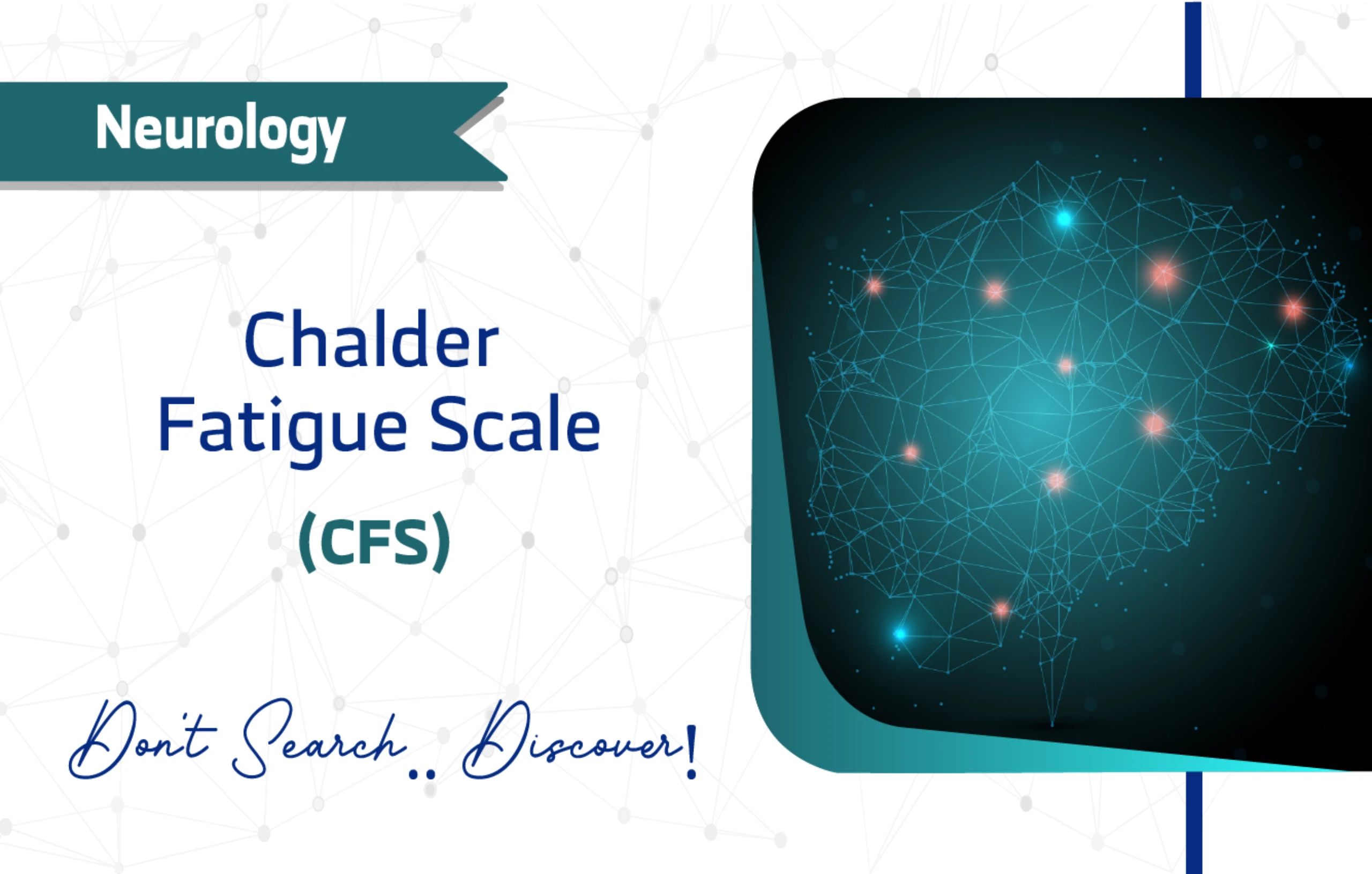Keela Too
Senior Member (Voting Rights)
In this trial of exercise in lupus co-authored by Peter White, they used three fatigue scales. The Chalder Fatigue scores were the only ones to change significantly. Scores on the other two fatigue scales - the Fatigue Severity Score and Visual Analogue Scale - did not change significantly between groups.
Interesting. Do you have a link to the trial?


